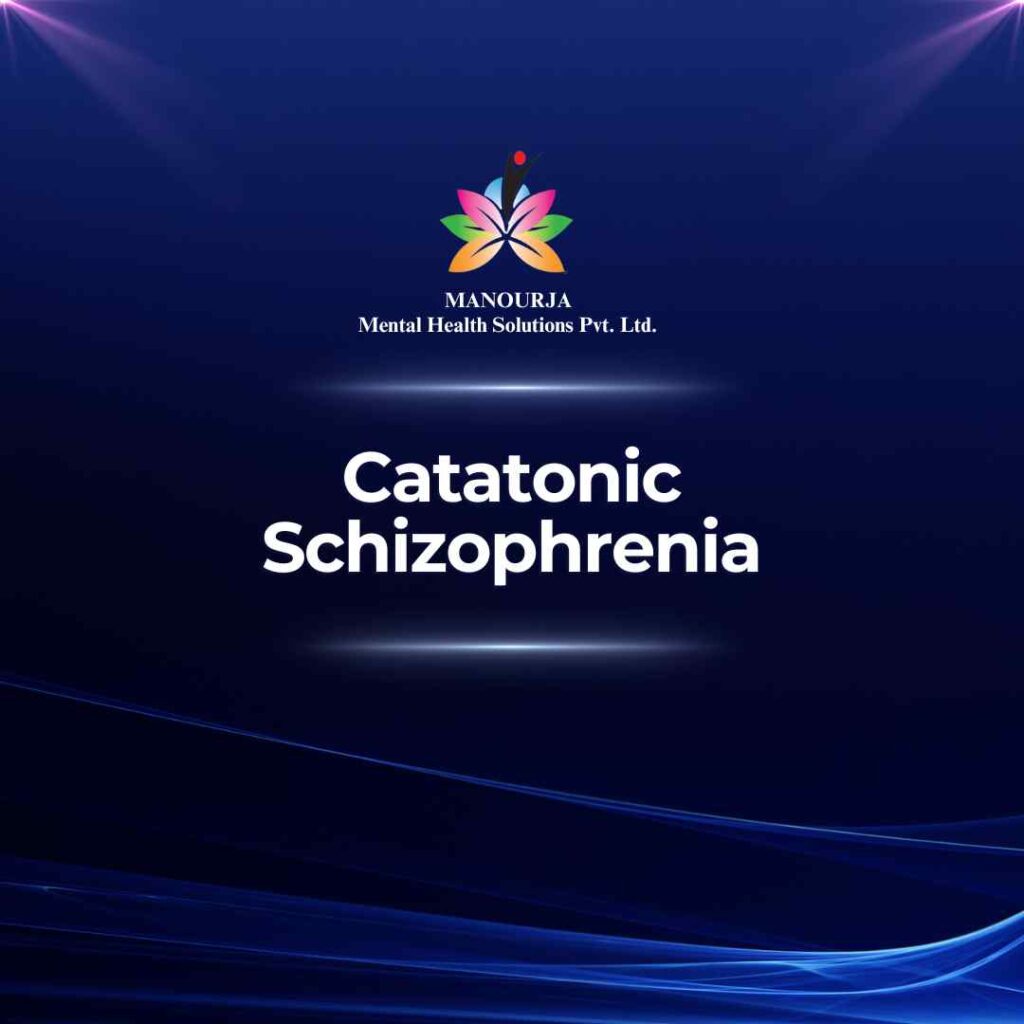Catatonic Schizophrenia

Catatonic schizophrenia was once recognized as a distinct subtype of schizophrenia in older diagnostic systems, characterized predominantly by abnormalities in movement. Affected individuals could exhibit either a dramatic reduction in activity, where they are practically immobile or specific movements that are excessive and peculiar. Like the other subtypes, catatonic schizophrenia is no longer classified separately in the latest DSM-5, but the symptoms are included under the broader category of schizophrenia spectrum disorders.
Key Symptoms:
- Stupor (no psychomotor activity): The individual may be mute, immobile, and unresponsive.
- Catalepsy: Includes muscle rigidity and fixed posturing for extended periods, regardless of external stimuli.
- Waxy Flexibility: Limbs remain in the position they are placed by another person.
- Excessive Motor Activity: Activity that is seemingly purposeless and not influenced by external stimuli.
- Negativism: An apparent resistance to all instructions or maintenance of a rigid posture against attempts to be moved.
- Posturing: Voluntarily assuming inappropriate or bizarre postures.
- Mannerism: Odd, exaggerated movements that are grotesque or peculiar.
- Stereotypy: Repetitive, abnormally frequent, non-goal-directed movements.
- Echolalia: Mimicking another’s speech.
- Echopraxia: Mimicking another’s movements.
Forms
While no longer recognized as a separate condition, the symptoms of catatonia can appear in various psychiatric illnesses, including mood disorders and other psychotic disorders, not just schizophrenia. The expression of catatonia can vary widely from one person to another, influenced by the underlying disorder and individual differences.
Treatment of Catatonic Schizophrenia
Treatment for the symptoms previously classified under catatonic schizophrenia now involves addressing the broader diagnosis of schizophrenia or other underlying disorders along with specific interventions for catatonic symptoms:
Medication:
- Benzodiazepines: These are the first line of treatment for catatonic symptoms. Lorazepam (Ativan) is commonly used and can rapidly relieve symptoms.
- Antipsychotics: These may be necessary if the response to benzodiazepines is inadequate. However, caution is advised as some antipsychotics can exacerbate catatonia.
- Electroconvulsive Therapy (ECT): In severe cases where medication is not effective, ECT can be highly effective, especially for those with pronounced catatonic stupor or severe agitation.
Supportive Care:
- Monitoring and ensuring the safety of the patient is crucial, especially in cases of severe immobility or excessive motor activity. This includes maintaining nutrition, hydration, and preventing bedsores.
- Physical therapy may be required to prevent complications from prolonged immobility.
Psychotherapy:
- While psychotherapy may have limited direct efficacy on catatonic symptoms, it can be beneficial as part of the overall treatment plan for schizophrenia or other underlying disorders once catatonia is controlled. Therapy can help address residual symptoms, improve functional outcomes, and provide support.
Hospitalization:
- Due to the potential severity of catatonic symptoms and the need for careful monitoring and rapid treatment adjustments, hospitalization is often necessary. This ensures safe management of the patient’s condition in a controlled environment.
Conclusion
Although “catatonic schizophrenia” as a formal diagnosis is obsolete, the management of catatonic symptoms remains a critical aspect of treating schizophrenia and other psychiatric conditions where these symptoms are present. Modern treatment approaches are comprehensive, employing a mix of pharmacological interventions, supportive care, and, when necessary, ECT, tailored to the individual’s specific needs and the characteristics of their symptoms.
At MANOURJA, we believe in the transformative power of counseling. Our experienced therapists offer a safe and supportive space where you can explore your thoughts, emotions, and challenges. Through personalized counselling sessions, we’ll work together to develop coping strategies, build resilience, and achieve lasting positive change. Discover the path to a healthier, happier you with MANOURJA counselling services.
MANOURJA Rehabilitation Services
At MANOURJA, we’re dedicated to helping you in rebuild your life, after difficult times. Our rehabilitation services focus on understanding what you need to move forward, whether you’re recovering from addiction, trauma, or any psychological – social challenges. We create personalized plans, that are all about helping you, regain your strength and find hope again. With a caring team by your side, you’ll have the support to make real progress and take steps toward a brighter, healthier future.
